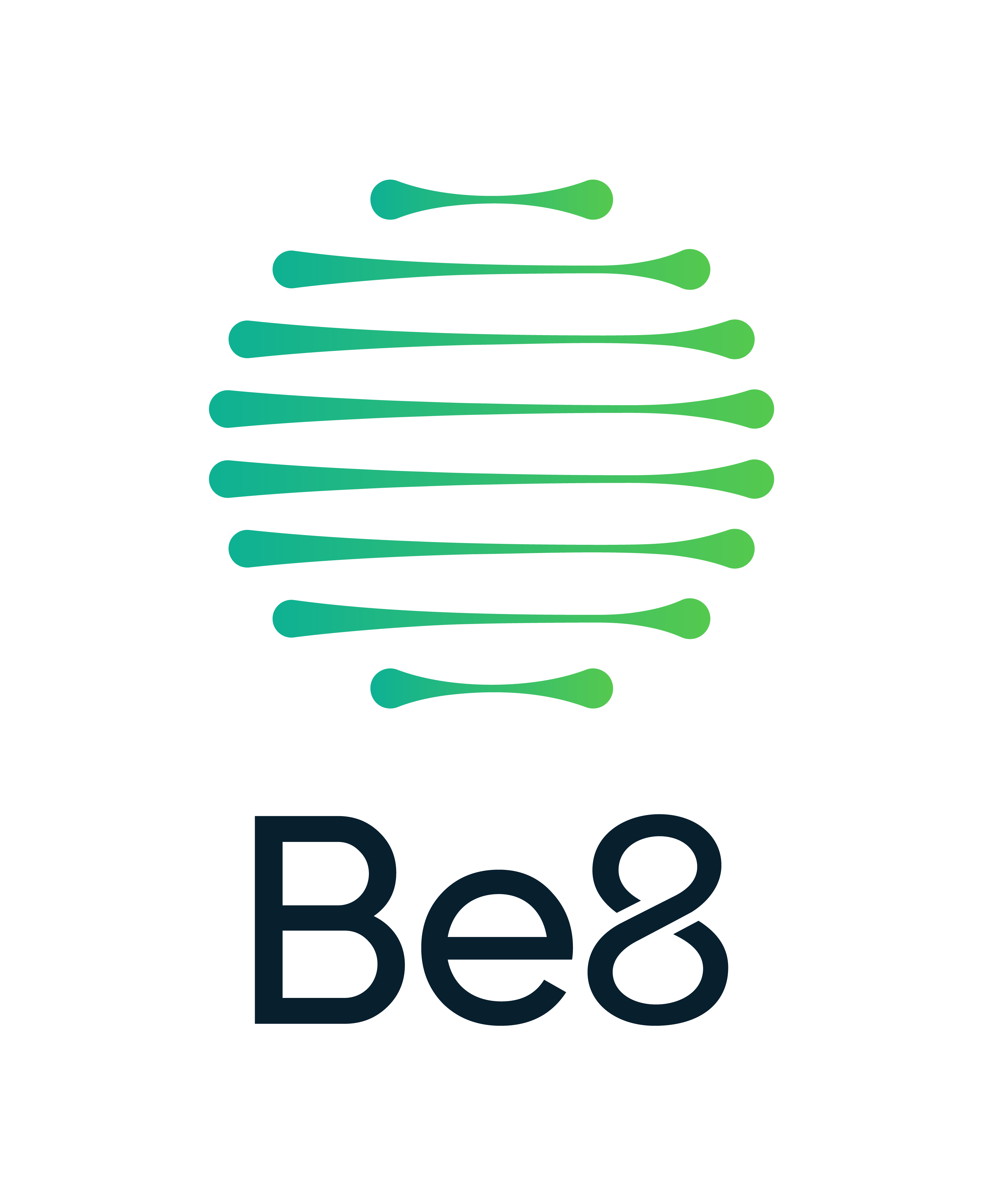News
Go BackBus with 100% biodiesel provided by BSBIOS increase kilometers rode in Curitiba
New tests stage with Linha Verde started in the Paranaense capital. The first stage presents good results.
Urbanization of Curitiba S/A (URBS) enlarged the use of biofuel in Linha Verde, the six buses that use 100% biodiesel (B100) provided by BSBIOS are riding around 60 thousand kilometers per month. The increase of 233% in mileage by the buses makes part of the tests new stage with biofuel. It has been almost a year the project began, August 27th, 2010, and its objective is to make tests in buses with 100% biofuel in Linha Verde. Each bus rode around 2.500 kilometers per month, increasing the mileage to 10 thousand kilometers in July 2010. From the 12 buses that rode Linha Verde, six ride with biodiesel. The mileage increase was authorized by the Agência Nacional do Petróleo (ANP), and it is necessary to validate alternative fuel tests. The Agency also authorized URBS to increase the quantity of biofuel for the tests. Now, each company which is a partner of the program - Redentor and Sorriso - has the right for 50 thousand liters of biofuel per month to use in the buses. Before that, the agency's authorization was 10 thousand liters per company.
The new mileage stands for 50% buses displacements articulated in Linha Verde. That is, half public transportation tours by means of the new axle of the city, is made with biofuel, therefore, polluting less. For Vice-President of Relações Associativas e Institucionais da União Brasileira do Biodiesel (UBRABIO) and chief executive officer of BSBIOS Erasmo Carlos Battistella, the moment of tests is important. "the tests are a great way of proving the effectiveness of biodiesel, and the results presented until the moment confirms what we already expected, biodiesel applied without mixture to diesel 100% pure fit well in the vehicles, besides polluting less the environment", asserted Battistella. The balance sheet made this first year shows that the use of biofuel is responsible for the reduction of up to 25% opacity (smoke), and also up to 30% carbon monoxide, one of the gases that contributes to global warming. Monthly, the Instituto Tecnológico do Estado do Paraná (Tecpar) measures emissions for evaluations in the buses.
"The results reinforce the efforts of UBRABIO to increase the percentage of biodiesel in diesel. Nowadays, Brazil would already have conditions to apply metropolitan biodiesel (B20) and provide B7 in the whole country, thus it has industrial capacity and enough raw material without deforesting and also improving family agriculture. The goal is to reach the World Cup 2014 with the implementation of B10 and in 2020 with the consolidation of B20", emphasized Battistella.
Biofuel program is developed with BSBIOS Indústria e Comércio de Biodiesel Sul Brasil S/A, RDP, URBS, Secretaria Municipal do Meio Ambiente, Instituto de Tecnologia do Paraná (Tecpar), Volvo do Brasil and Scania Latin América, Viação Cidade Sorriso and Auto Viação Redentor and Programa Brasileiro de Desenvolvimento Tecnológico de Combustíveis Alternativos (Probiodiesel).




